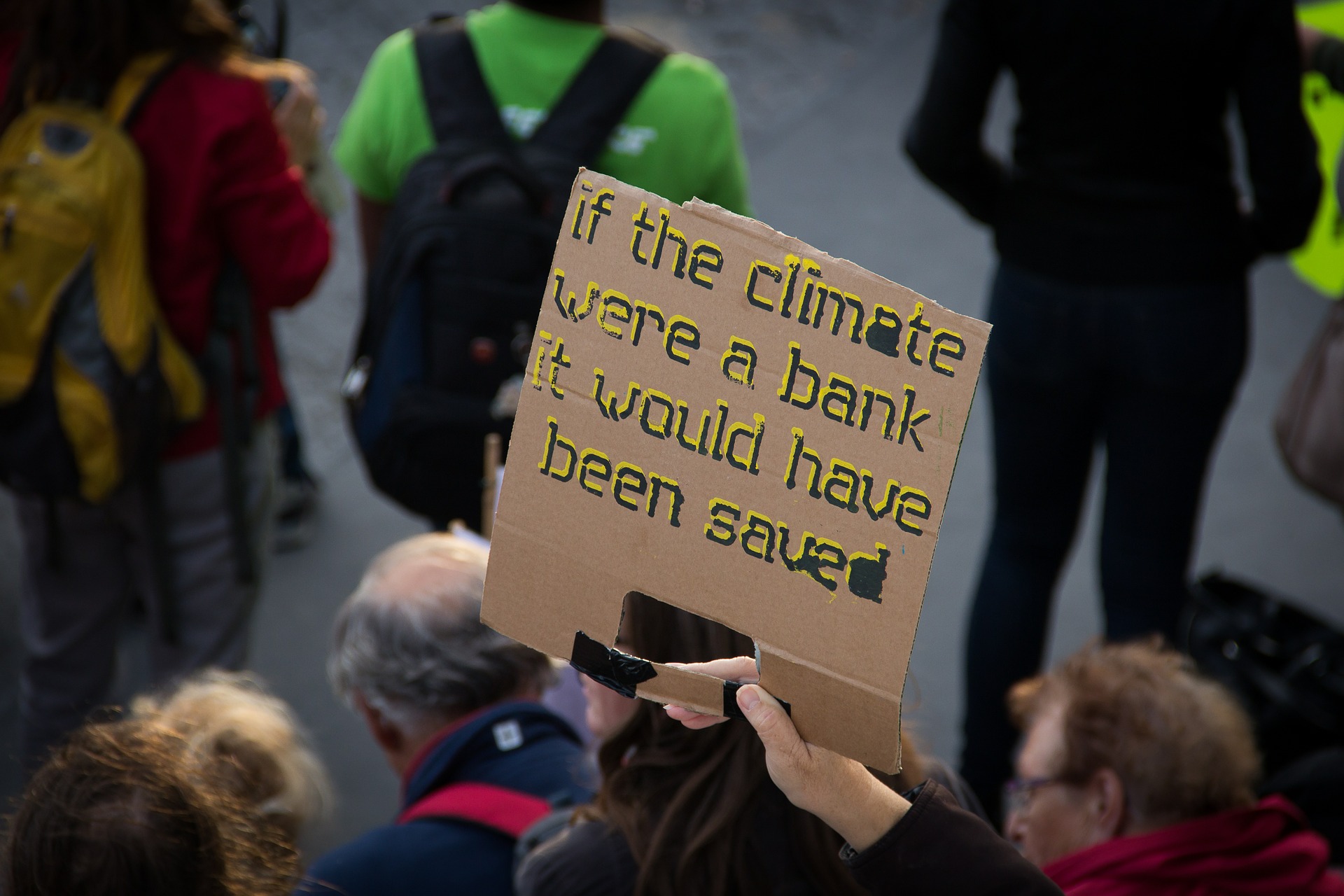Serious Disruption Prevention Orders Come Into Force

Serious Disruptions Prevention Orders Introduced in New Government Clampdown
New public order powers to prevent individuals from causing repeated serious disruption came into force on 5th April 2024.
The Government says that:
“In recent years, we have seen an increase in protest tactics that are dangerous and cause serious disruption. The Government is committed to ensuring that the hard-working public are able to go about their daily business without disruption. serious disruption prevention orders are designed to help curtail the activities of the most prolific offenders who consistently break the law, endanger themselves and others, and disrupt the public in the name of protest.”
What Are Serious Disruption Prevention Orders?
Under the Public Order Act 2023, serious disruption prevention orders will empower the police to intervene before individuals cause serious disruption, for those who have previously committed protest-related offences or ignored court-imposed restrictions.
The new orders can impose a range of restraints on individuals, including preventing them from being in a particular place or area, participating in disruptive activities, or being with protest groups at given times.
They can also prevent individuals from using the internet to encourage protest-related offences.
These orders can be imposed on those who have, on at least two occasions, committed protest-related offences, such as locking on, or breached the conditions of an injunction.
The Terms and Considerations for Serious Disruption Prevention Orders
The specific restrictions contained within each order will be decided by the court and can last up to 2 years. They can also be renewed if the person remains, what Government describes as a “threat”.
The court must consider it necessary to make the order for one of the following purposes:
• to prevent the individual from committing a protest-related offence or a protest-related breach of an injunction;
• to prevent the individual from carrying out activities related to a protest that result in, or are likely to result in, serious disruption to two or more individuals or an organisation;
• to prevent the individual from causing, or contributing to, the commission by any other person of a protest-related offence or a protest-related breach of an injunction, or the carrying out by any other individual of activities related to a protest that result in or are likely to result in, serious disruption to two or more individuals or an organisation;
• to protect two or more individuals or an organisation from the risk of serious disruption arising from a protest-related offence, a protest-related breach of an injunction, or activities related to a protest.
A court may impose any prohibition or requirement it deems necessary to meet the above objectives.
Breach of an order can result in a maximum sentence of six months imprisonment and an unlimited fine.
How We Can Help
If you have any questions regarding protest-related or other public order offences, our team of specialist solicitors are ready to help. Please do not hesitate to contact us on 0161 477 1121 or email us for more information.


